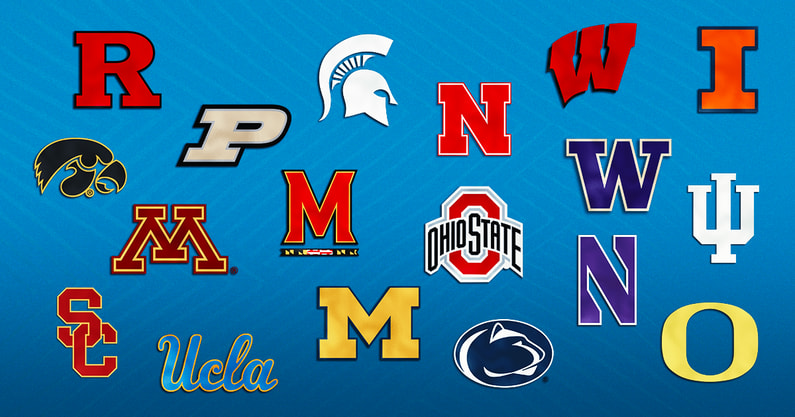“The Critical Years”
Why your child’s earliest years of learning are critical to their future
by Mallory Provost
As parents, we watch our children transform from infants to toddlers to young children. Along the way, we witness the physical changes they undergo as we buy bigger clothes, bigger shoes, and ever more groceries for them, but the changes happening within their brains during that period are far more complex and ultimately have a much greater impact on the outcome of who they will become in the future.
Research shows that a child’s brain develops in spurts known as critical periods, which start at the age of two and end at the age of seven. During these periods, the number of synapses—connections between brain cells—nearly doubles; a two-year-old has twice as many synapses as an adult, which makes learning happen faster than at any other time in their lives. With your child’s brain sponging up new information at a rapid pace and meaningful learning occurring during these synaptic growth spurts, the years between two and seven are critical for building a strong educational foundation. The learning experiences each child accumulates throughout this period set the groundwork not only for their cognitive development but also for their holistic well-being.
In his New York Times Bestseller book, Range, David Epstein explores the idea that focusing on excellence and building a specific skillset in a single activity may result in favorable results later in life, but the people who are the most successful in society are those who are well-rounded and versed in multiple fields. As parents, it is important that we expose our children’s malleable minds to a wide range of activities that promote a diversity of ingenuity.
The importance of early exposure is undeniable, and studies have shown that children who participate in extracurricular educational activities and programs have improved social skills and academic performance in school, report higher graduation rates, and most importantly, develop a lifelong love of learning.
Scientists have called the years from two to seven the “sampling period” where children should be encouraged to participate in a variety of programs. This is the time to give your child the opportunity to try music, language, STEM, coding, art, dance, and sports. Exposure to these programs will foster a love of learning and create opportunities for your child to begin developing their passions and interests. It also enables you, as their parent, to encourage a growth mindset, “the belief that talents and abilities are developed through effort instead of being innately fixed.” When your child begins focusing on the process rather than the outcome, they are more intrinsically motivated and better able to persevere through challenges.
As parents, setting our children up for success is paramount, yet it can often feel overwhelming given how many options are available. Fortunately, you don’t have to make these complicated decisions alone. EarlyBird, a division of PREMINENTE, is an early learning concierge that specializes in helping you navigate the crowded market of enrichment and toddler classes. We are here to curate quality and individualized experiences for your child and help you traverse this complex landscape.
The ages of two through seven fuel lasting developmental growth. Don’t leave this important period in your child’s life to chance. Sign up for guidance from early childhood educational experts at EarlyBird who will help ensure that your child has numerous opportunities and programs to engage in during these critical years.


